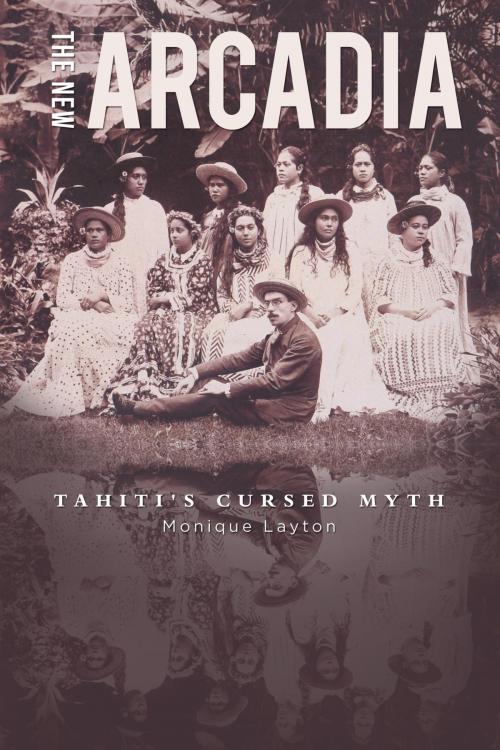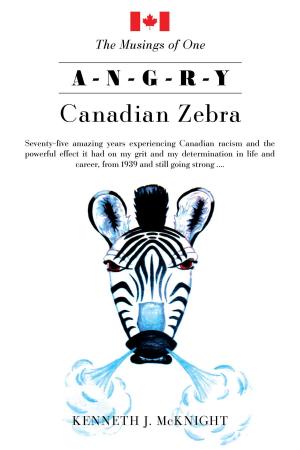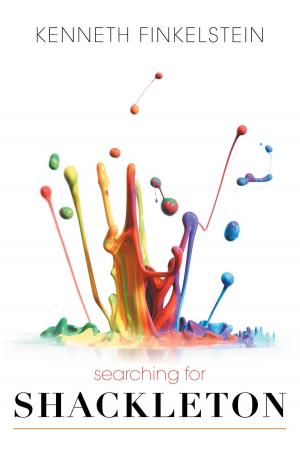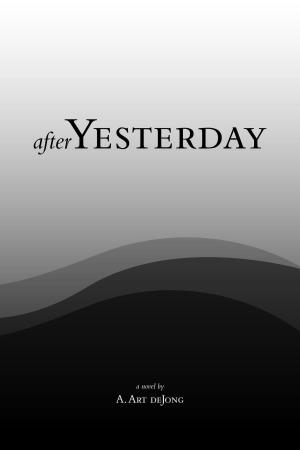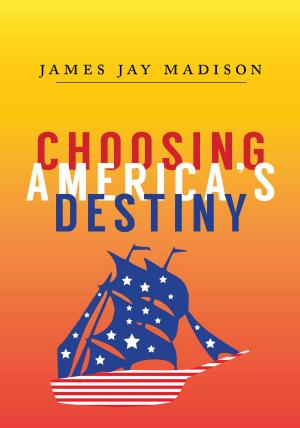The New Arcadia
Tahiti's Cursed Myth
Nonfiction, History, Australia & Oceania, Social & Cultural Studies, Political Science| Author: | Monique Layton | ISBN: | 9781460268612 |
| Publisher: | FriesenPress | Publication: | July 24, 2015 |
| Imprint: | Language: | English |
| Author: | Monique Layton |
| ISBN: | 9781460268612 |
| Publisher: | FriesenPress |
| Publication: | July 24, 2015 |
| Imprint: | |
| Language: | English |
SINCE BEING “DISCOVERED ” IN 1767, Tahiti has faced a profound cultural upheaval. From the start, she has been branded with the irresistible dual myth of the Noble Savage’s harmonious Arcadian life and of the vahine’s amorous favours freely granted. People (navigators, missionaries, whalers, slavers) and events (deadly epidemics, atomic testing, and now tourism), all have contributed over time to creating the modern Tahitian quandary: trying to recover an idealized past and losing the benefits of modern life, or continuing as a cog in the French administrative system and losing her soul. Based on historical records, sailors’ journals, Ma’ohi epic poetry, European paintings, folkloric events, the film industry, and novels by modern Tahitian writers, this book follows the passage from Otaheite’s paradisal way of life, through the disastrous encounter with European civilization, ending with French Polynesia’s modern prospects. Most remarkable of all is the enduring Ma’ohi culture’s survival into the twenty-first century.
SINCE BEING “DISCOVERED ” IN 1767, Tahiti has faced a profound cultural upheaval. From the start, she has been branded with the irresistible dual myth of the Noble Savage’s harmonious Arcadian life and of the vahine’s amorous favours freely granted. People (navigators, missionaries, whalers, slavers) and events (deadly epidemics, atomic testing, and now tourism), all have contributed over time to creating the modern Tahitian quandary: trying to recover an idealized past and losing the benefits of modern life, or continuing as a cog in the French administrative system and losing her soul. Based on historical records, sailors’ journals, Ma’ohi epic poetry, European paintings, folkloric events, the film industry, and novels by modern Tahitian writers, this book follows the passage from Otaheite’s paradisal way of life, through the disastrous encounter with European civilization, ending with French Polynesia’s modern prospects. Most remarkable of all is the enduring Ma’ohi culture’s survival into the twenty-first century.
